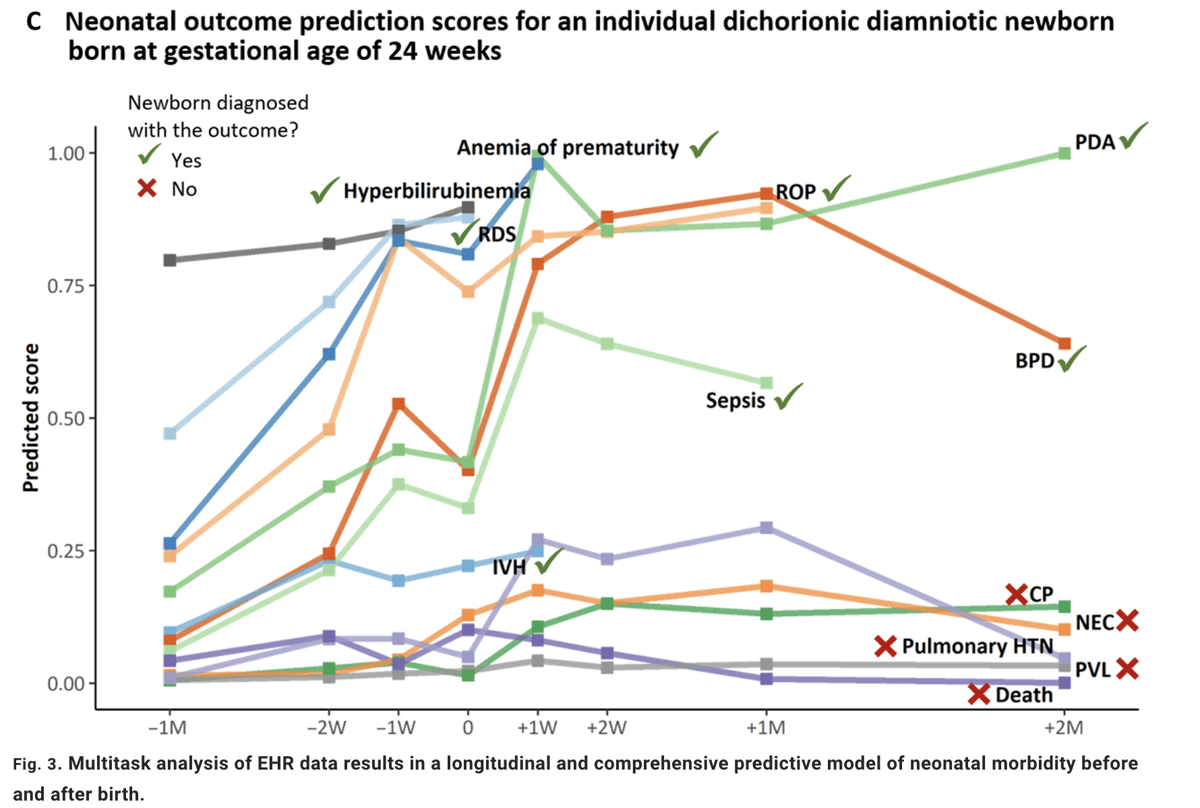Medical devices
Medtech is cutting jobs, too
We've brought you news nearly every week this year about layoffs hitting the health tech industry — and medtech is feeling the economic pressure, too. ResMed CEO Mick Farrell recently described the medtech industry to me as not "recession-proof", but "recession-resistant." In an economic downturn, people might forgo the latest consumer tech, but they're not able to pass on purchasing a critical prescription or medical device. Still, the industry has certainly dealt with considerable losses, compounded by supply chain stoppages.
Because of this, medical device companies are cutting an increasing number of employees loose. Robotic surgery company Vicarious Surgical is cutting 14% of its staff to lower costs as it prepares a 510(k) submission for its new robotic system. Other medtech companies that have recently laid off employees include:
Artificial intelligence
The jump from Amazon to a medical scribe startup
AI A gaggle of startups have emerged as competitors to Nuance's DAX, all aiming to save physicians time by using AI to generate notes of doctor-patient conversations. One of these startups is Abridge, which was spun out of the University of Pennsylvania Medical Center in 2018. Abridge recently hired Zachary Lipton, an AI researcher at Amazon, as its chief scientific officer.
Lipton believes in Abridge's ability to have a concrete impact. "[I'm] seeing the moment where the train's leaving the station, thinking, 'Okay, if I don't jump in right now, I'll regret it," he told my colleague Brittany Trang. Read here to learn more about Lipton's leap from Amazon to Abridge, his plans for Abridge's future, and his background as a computer scientist.
study of the week
Neural network predicts newborn health risks
A team of researchers from Stanford and University of California San Francisco have built a predictive model that uses electronic health records to calculate the risk of sepsis, cerebral palsy, and other serious conditions in newborns. The team trained a deep learning model on health records from more than 30,000 mother-newborn pairs treated in the Stanford health system, building a neural network that could predict 24 different health outcomes. The researchres, who also published an interactive website for readers to explore the network's data. said the predictions outperformed currently-used risk scores.
The network also showed researchers previously unknown links between maternal conditions and newborn risk — for example, chronic illness in mothers may lead to greater risk of newborns developing necrotizing enterocolitis, a serious GI condition. The predictive model "will potentially serve as an important resource for clinicians and researchers to examine independently," the researchers wrote, though further research is needed to fully evaluate the model's accuracy and impact.
No comments